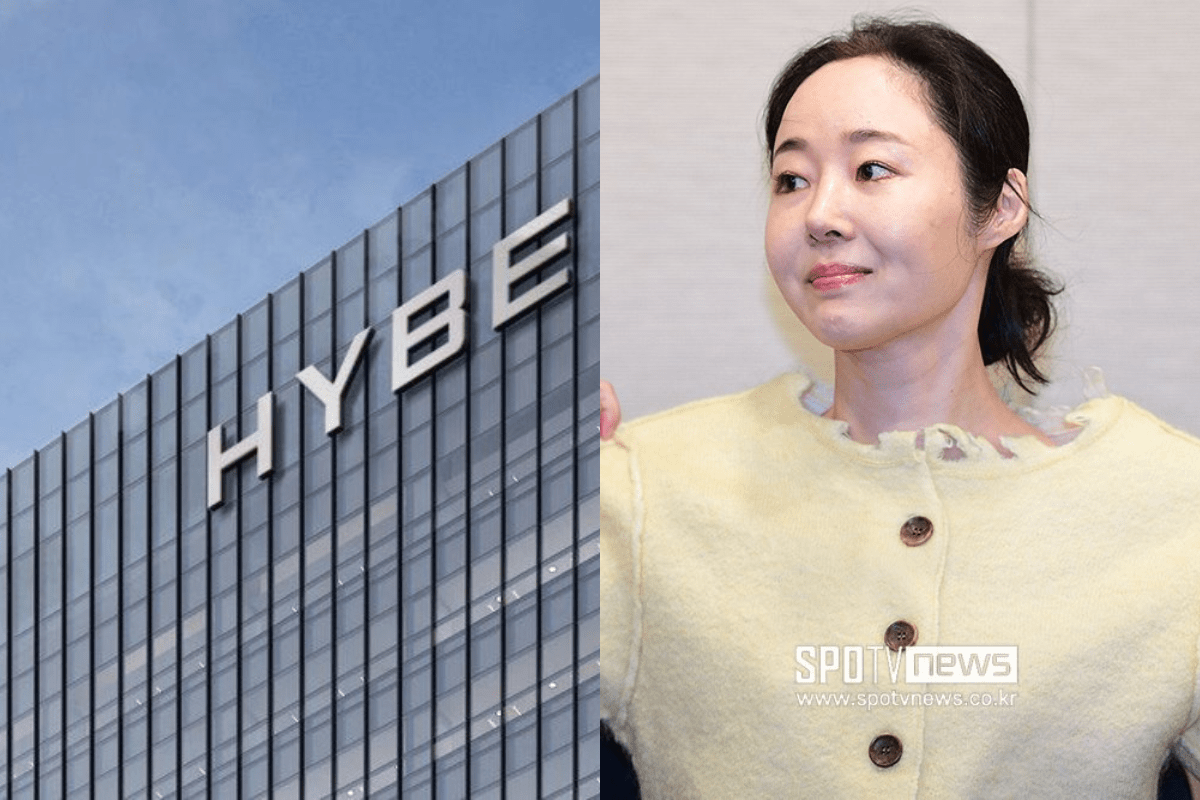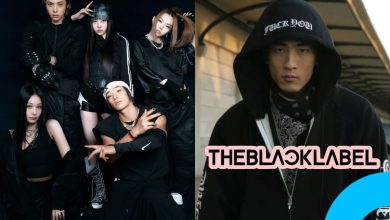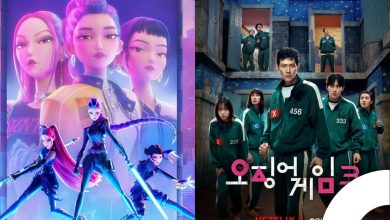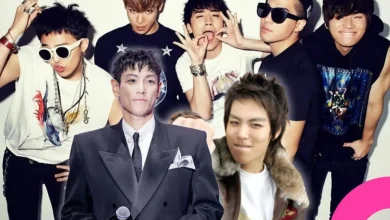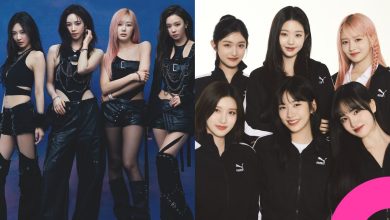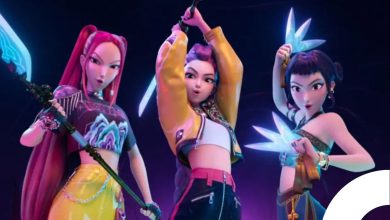70% of K-Pop Girl Group Lyrics Are in English: Korean Lyrics Becoming Rare as Overseas Markets Take Priority
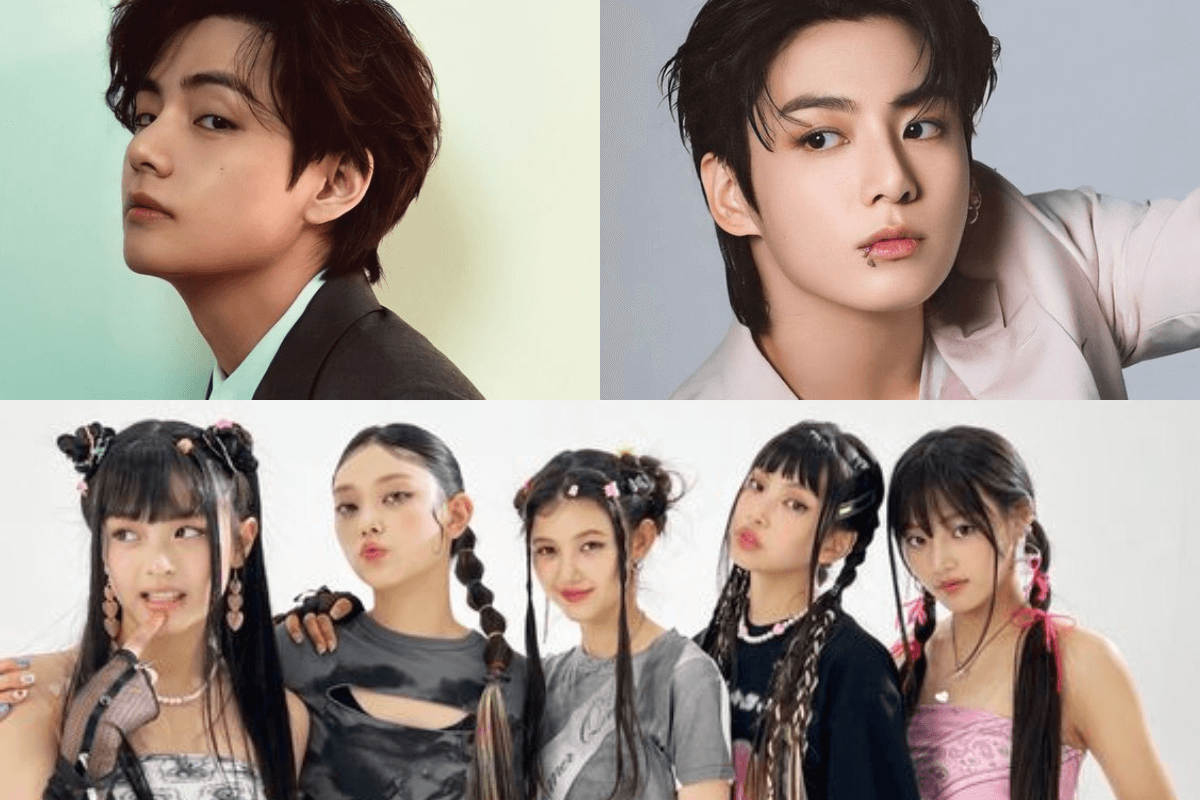
In the 2010s, K-pop gained worldwide recognition, serving as a key promoter of Hangul and fostering global interest in Korean culture and the Korean Wave (Hallyu). This led to the “K-value chain,” where cultural content reshaped industries, solidifying K-pop’s role as a cultural ambassador.
By the 2020s, K-pop aimed to expand its reach, transitioning from a niche genre for devoted fans to one appealing to a global mainstream audience. To achieve this, it adopted foreign producers and incorporated melodies and lyrics tailored to international tastes, gradually sidelining Hangul. This shift sparked debates between those concerned about K-pop losing its identity and others viewing it as a natural evolution of musical expression.
Table of contents
Girl Groups: 70% of Lyrics in English
An analysis of the top 10 songs on the Melon monthly chart in 2024 found that lyrics in girl group songs consisted of 70.6% English on average. The song with the highest English lyric proportion, “How Sweet” by NewJeans, was 84.48% English. Similarly, aespa’s tracks “Drama,” “Supernova,” and “Armageddon” averaged 68.95% English.
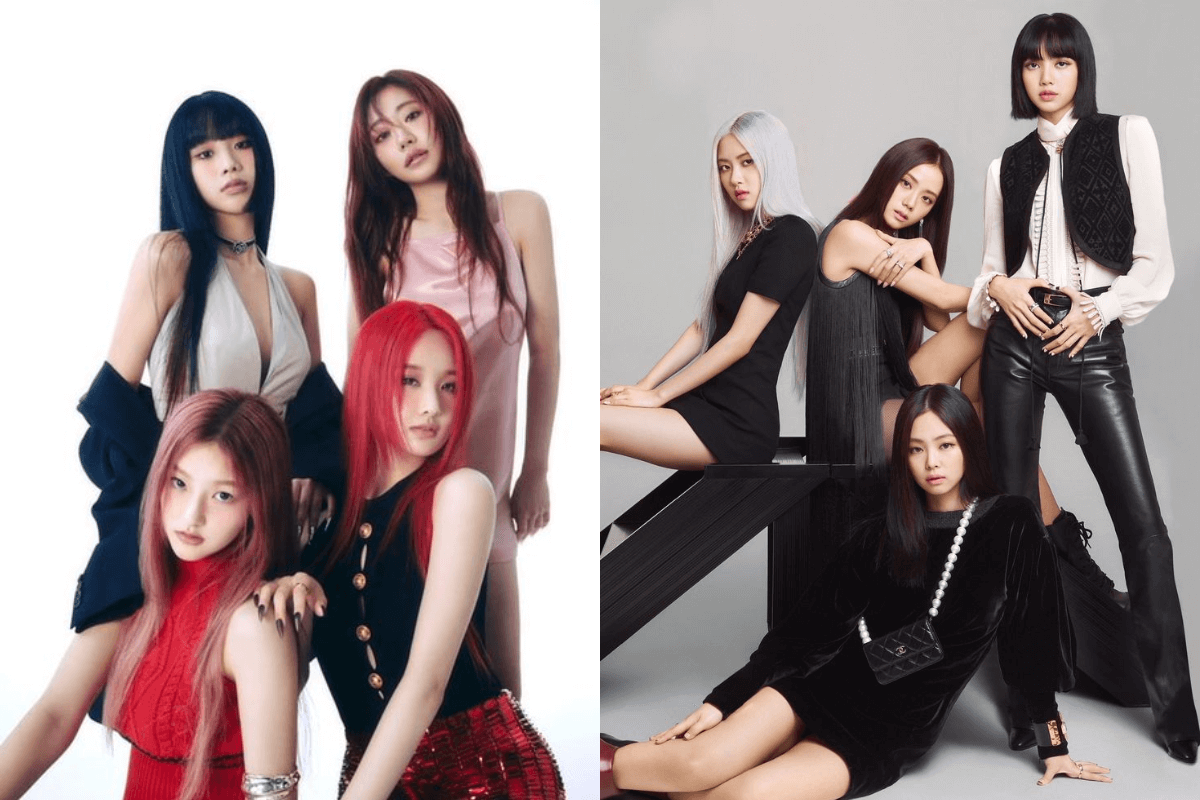
Other tracks with high English lyric proportions included KISS OF LIFE’s “Sticky” (77.16%), ILLIT’s “Magnetic” (80.47%), LE SSERAFIM’s “EASY” (72.73%), and BABYMONSTER’s “SHEESH” (75.73%). These songs, designed for global audiences, were dominated by English.
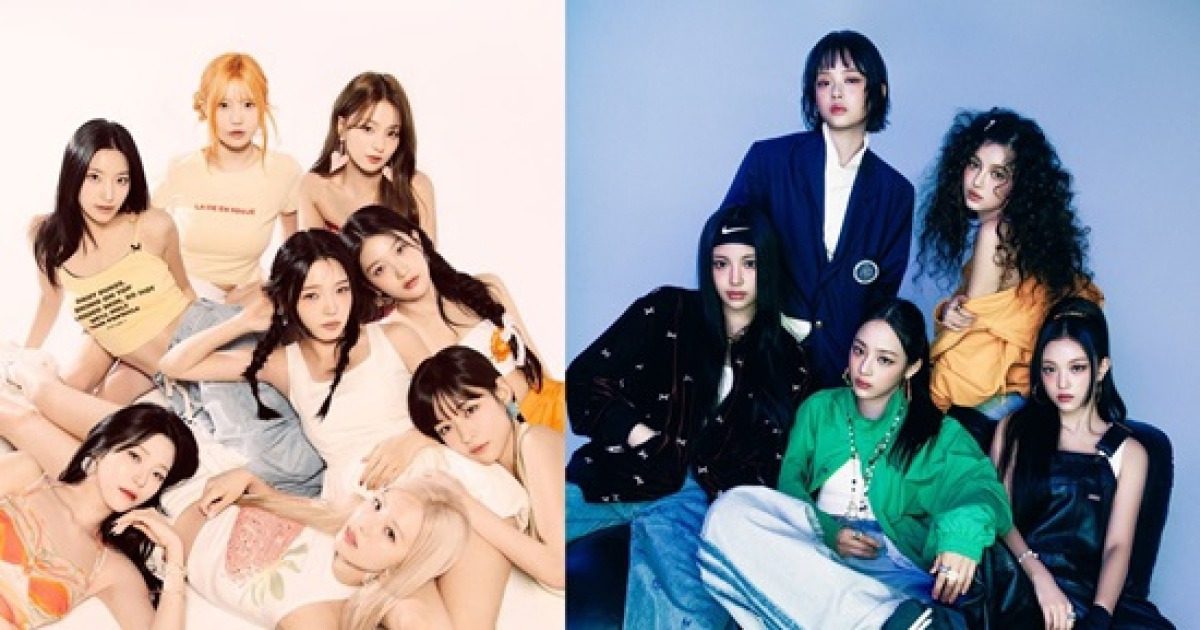
Internationally popular songs like NewJeans’ “How Sweet” featured on multiple best-of lists, including those by NME and Rolling Stone, reflecting strategic decisions by entertainment companies to increase English lyric usage. Tracks like “Supernatural” by NewJeans and “Perfect Night” by LE SSERAFIM had only 20% Korean lyrics, demonstrating a deliberate overseas market focus.
In contrast, songs like (G)I-DLE’s “Fate” and IVE’s “HEYA” were rare exceptions, with high Korean lyric proportions of 80.84%. Finding girl group songs with over 50% Korean lyrics has become increasingly difficult.
Boy Groups: Maintain Korean Lyric Usage
Boy groups tend to retain a higher proportion of Korean lyrics, as their performance-centric music often caters to dedicated fandoms rather than broad audiences. For example, TWS’ “Plot Twist” had 79.86% Korean lyrics and gained international recognition, ranking fifth on Billboard’s Best K-pop chart and charting on the Billboard Global 200 for two months.
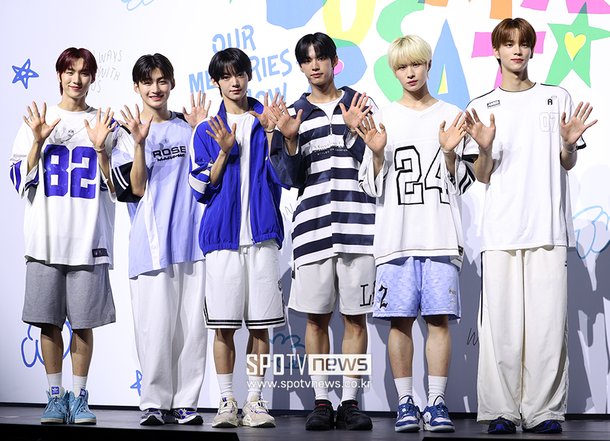
DAY6, known for relatable lyrics, consistently used high proportions of Korean in their songs. Tracks like “You Were Beautiful” and “Melting Down” featured 96.72% and 94.19% Korean lyrics, respectively, highlighting their role as advocates for the language.
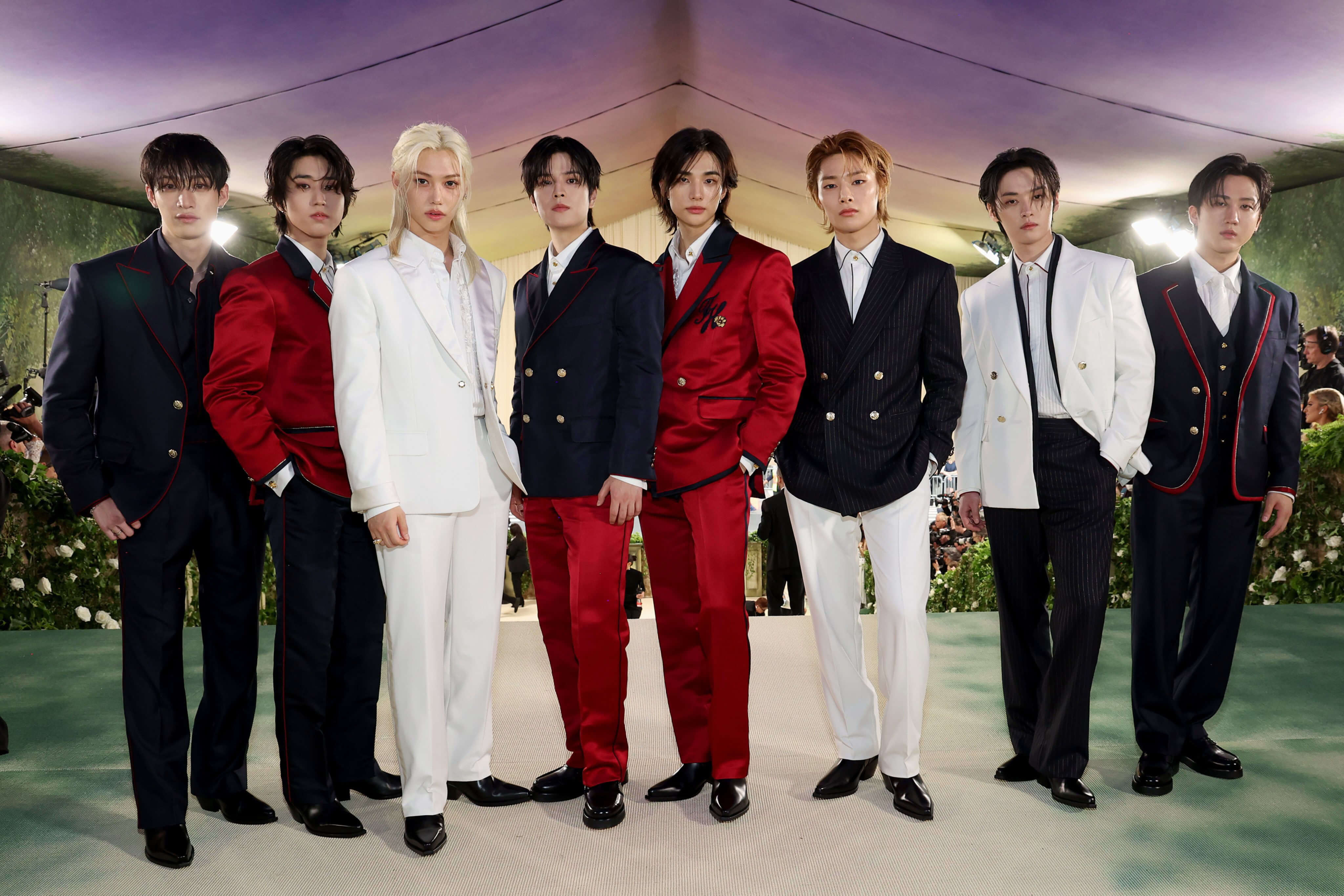
Groups like Stray Kids strategically balanced Korean and English lyrics, tailoring each track to specific markets. Their “ROCK-STAR” album averaged 51.84% Korean lyrics, with title tracks using up to 67.5% Korean to emphasize their cultural identity.
BTS’s Jungkook experimented with entirely English lyrics in “Golden,” which ranked 80th on Billboard’s year-end chart. This strategic move aligns with BTS’s global standing and aims to broaden their mainstream appeal, as seen in previous examples like the all-English hit “Dynamite.”
Some tracks with high English lyric content gained attention domestically but not overseas, such as G-Dragon’s “POWER” (78.1% English) and Zico’s “SPOT!” (70.6% English), neither of which made Billboard’s year-end chart.
Is K-pop Still K-pop Without Hangul?
Analysis shows that Korean lyrics in major girl group hits often account for less than 30%, raising concerns about Hangul’s role in K-pop’s identity. Critics warn this trend dilutes K-pop’s essence, while others argue it transcends language, defined by genre fusion, addictive melodies, intricate choreography, and vibrant visuals.

As global markets take priority, K-pop’s distinctiveness appears to fade. Hangul’s unique phonetic structure has historically shaped K-pop’s identity, with tracks like BTS’s DNA proving its global appeal despite minimal English lyrics. However, the industry risks splitting into “American K-pop” and “Korean K-pop.”
Hangul remains a key cultural asset, setting K-pop apart from competitors. The industry must reconsider whether reducing Hangul’s presence aligns with K-pop’s long-term identity and success.
